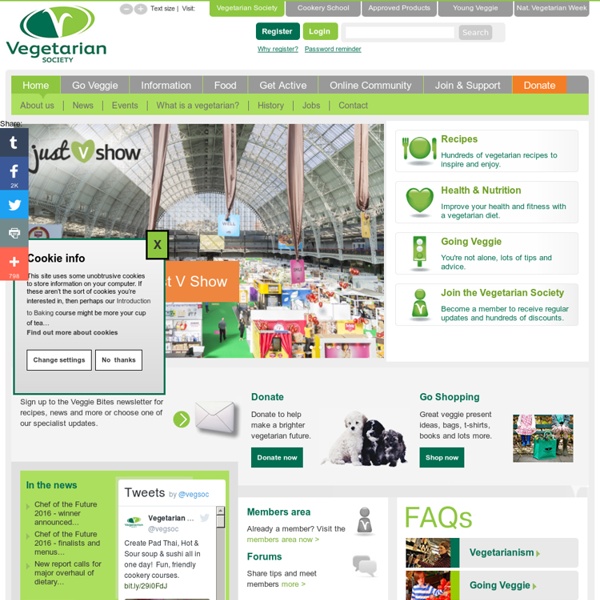



Livestock's long shadow: environmental issues and options The designations employed and the presentation of material in this information product do not imply the expression of any opinion whatsoever on the part of the Food and Agriculture Organization of the United Nations concerning the legal or development status of any country, territory, city or area or of its authorities, or concerning the delimitation of its frontiers or boundaries. The mention or omission of specific companies, their products or brand names does not imply any endorsement or judgement by the Food and Agriculture Organization of the United Nations. All rights reserved. Reproduction and dissemination of material in this information product for educational or other non-commercial purposes are authorized without any prior written permission from the copyright holders provided the source is fully acknowledged. Reproduction of material in this information product for resale or other commercial purposes is prohibited without written permission of the copyright holders.
The Animal Rights & Freedom Association Recette Végétarien : Notre sélection de recette de Végétarien eat your vegetable Viva! - Vegetarians International Voice for Animals Viva! is a registered charity 1037486 Viva!, 8 York Court, Wilder St, Bristol BS2 8QH. Tel: 0117 944 1000 Fax: 0117 924 4646 Email: info@viva.org.uk Viva! “The most powerful action you can take to end animal suffering, improve your health, protect the environment and bring fairness to the world’s poor is to stop eating meat, dairy and fish. Every year, one billion animals face the barbarity of slaughter in Britain, and a further 4.5 billion fish and 2.6 billion shellfish are killed for the UK. “The human appetite for animal flesh is a driving force behind virtually every major category of environmental damage – deforestation, erosion, fresh water scarcity, air and water pollution and climate change” (WorldWatch Institute, Washington). Millions of children in the developing world die from hunger - alongside fields of high-quality food, destined for the West’s farmed animals. The science is now overwhelming - vegetarians are healthier than meat eaters and are likely to live longer. Viva!
GM-FREEIRELAND Coulis de tomate et ketchup maison Pour finir en beauté la saison, j'ai acheté mes dernières tomates en caisses entières... Contrairement au projet que j'avais formé avec Yaël, je n'ai pas organisé de journée "Fête de la tomate". J'ai plutôt opté pour des petites quantités que dont nous nous sommes occupés tranquillement à deux, en prenant tout notre temps. Il faut dire que je me suis décidée un peu tard. Moi qui adore les tomates de fin septembre-début octobre, j'ai vraiment eu l'impression d'acheter les dernières tomates de Touraine. Le chutney m'avait donné du fil à retordre les années précédentes. J'avais emprunté un moulin à légumes manuel, qui permet de mixer le coulis tout en écartant la peau des tomates et les pépins. Alors... verdict ? Est-ce écologique ? Les points positifs : j'ai pu mélanger plusieurs variétés de tomates, grâce aux variétés anciennes des Jardins de contrat (pas les tomates de la photo, qui venaient d'un autre maraîcher). Le gros point d'interrogation, c'est l'énergie. Est-ce économique ?
Viva! Health Bia Foodbank Future of Food Like most people, I don’t think I can be easily fooled. But that’s just what happened when I was asked to taste a chicken taco and tell whether the meat inside was real or fake. The meat certainly had the look and the smell of chicken. I took a bite and it had the taste and texture of real chicken, too. But I was surprised to learn that there wasn’t an ounce of real chicken it. What I was experiencing was more than a clever meat substitute. By 2050, the world’s population will grow to more than 9 billion and our appetite for meat will grow along with it. This is happening in large part because economies are growing and people can afford more meat. But raising meat takes a great deal of land and water and has a substantial environmental impact. That’s why we need more options for producing meat without depleting our resources. Some exciting new companies are taking on this challenge. To see how food scientists are able to use plants to create meat alternatives, watch this video:
Vegan Society The Chief Executive maintains contact with government departments and submits responses to consultation documents on subjects such as food labelling, climate change, nutrition and global food security. The Society publishes the quarterly magazine The Vegan as well as a number of books. The magazine is sent to all members and is sold in some health food shops. Our Media and PR Officer responds to news items and works with journalists to promote positive stories about the benefits of the vegan lifestyle. Young people are encouraged to question the origins and impact of their food by the work of the Education Officer. We attend exhibitions and festivals as well as giving talks to a variety of organisations as part of our outreach work. The merchandise department supports vegans and promotes veganism by selling products such as vegan cookery books, the Society’s own publications and Veg 1, a supplement specifically designed for vegans.